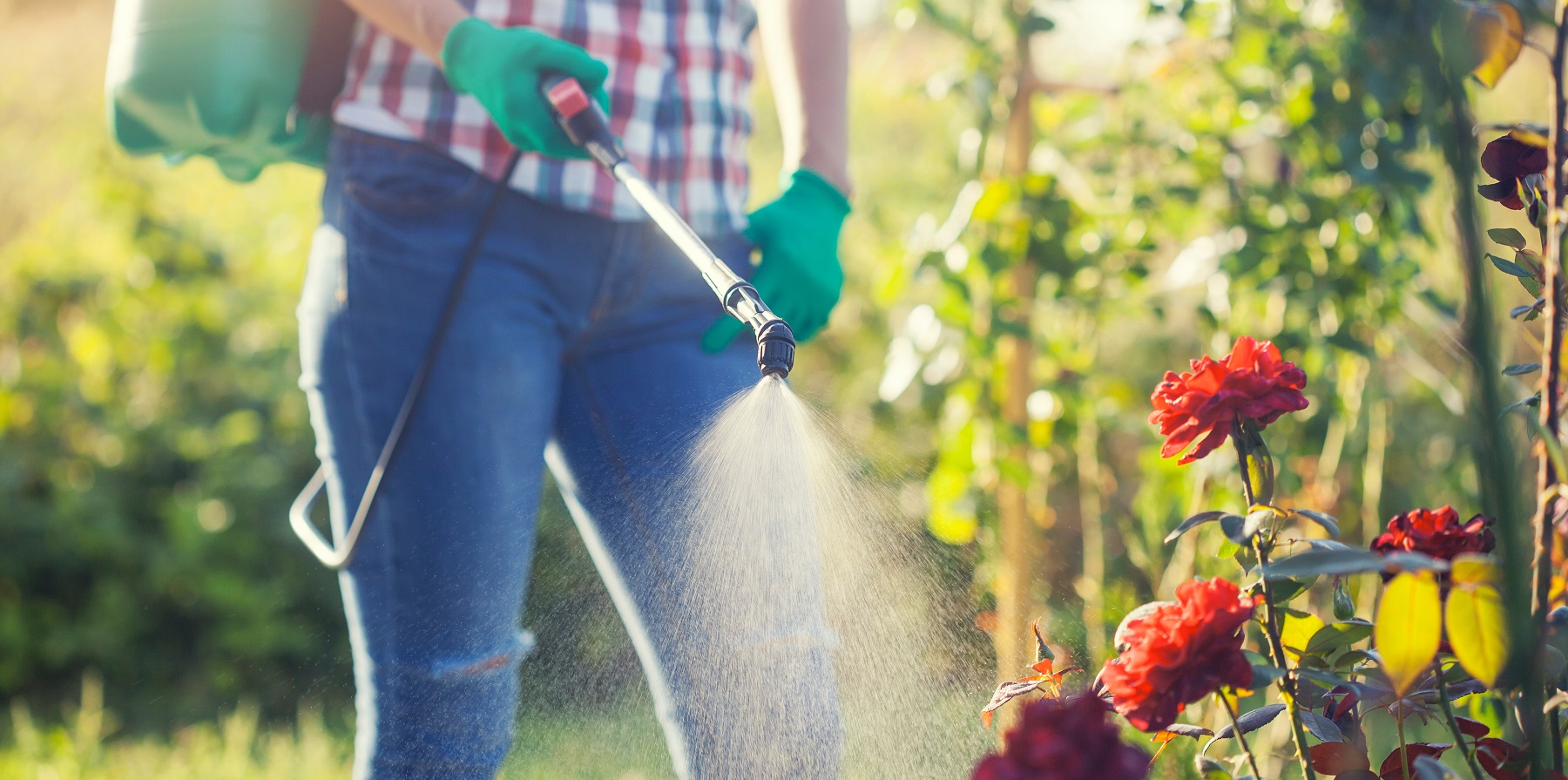Glyphosate

Glyphosate, the active ingredient in Roundup, is one of the most commonly used herbicides in the world. Glyphosate herbicides are widely used for weed control in U.S. agricultural settings, schools, public areas and home gardens. High amounts of exposure can potentially lead to short-term and long-term health concerns. Not to mention it can pose risks to important pollinators such as honey bees.
To help educate the public about this chemical, we're sharing two comprehensive guides. One covers things like what Glyphosate is used for, symptoms, and side effects. The second guide discusses glyphosate in depth. Please take a look:
Back to Resources page

